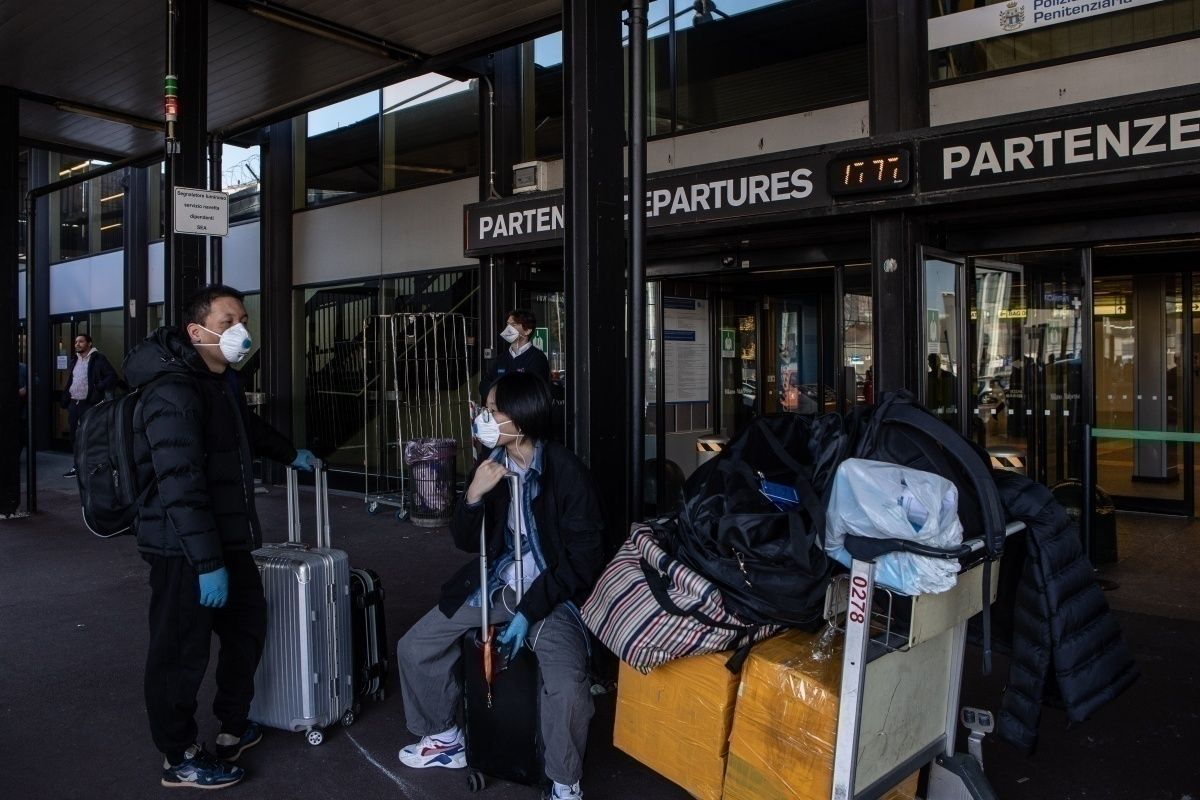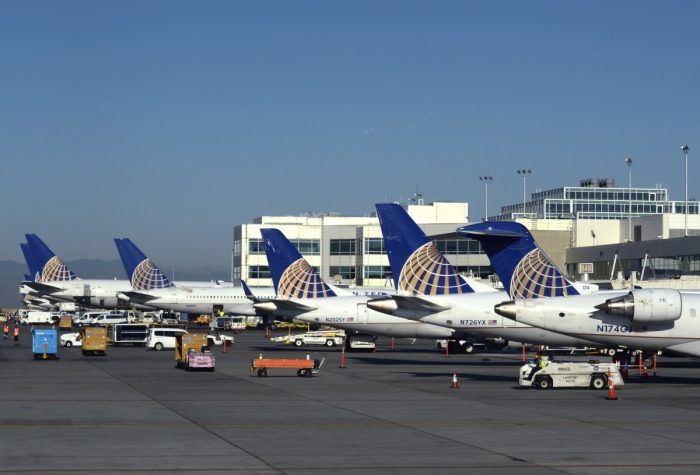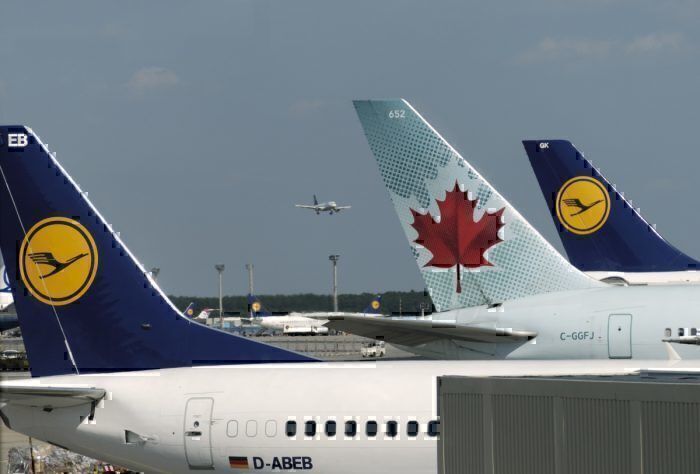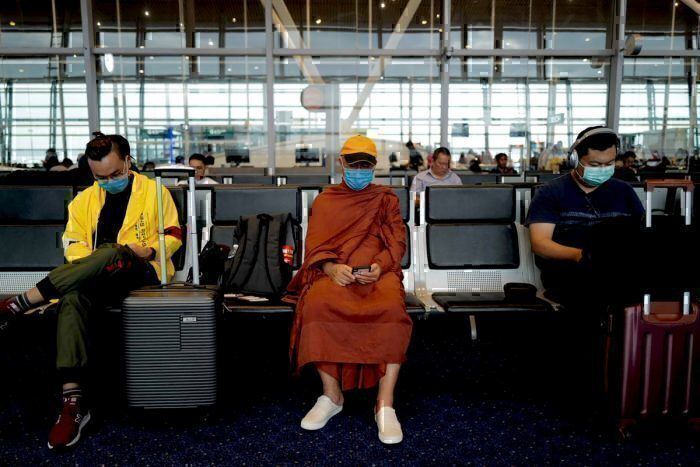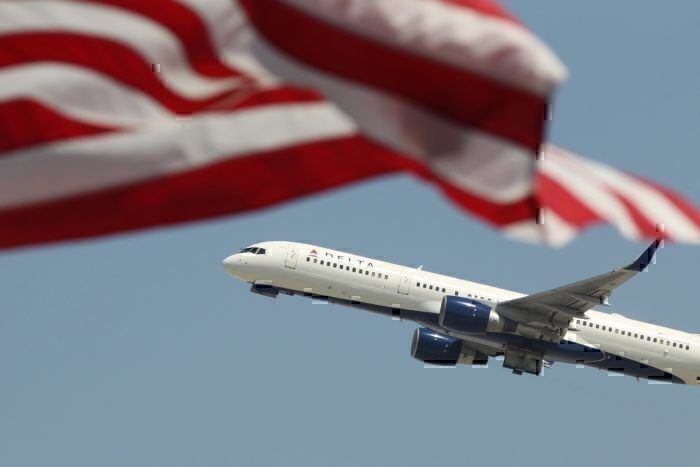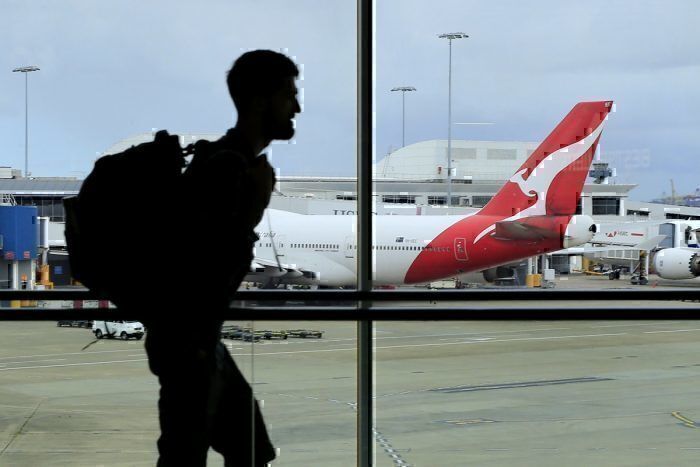Amid the COVID-19 pandemic, an increasing number of people are finding themselves stuck abroad. More airlines are canceling flights, countries are issuing travel restrictions, and confusion abounds across governments, airlines, and passengers alike. In the case that you do find yourself in this unfortunate situation, here is what you should do.
Contact your airline or travel agent
If you booked directly through the airline, check the airline's website for information. Already, over the course of this crisis, some airlines have canceled services and then opened up repatriation flights allowing passengers to return. Other airlines have done a U-turn and decided against canceling flights altogether. If you have booked through a travel agent, it is best to contact your agent for assistance.
Even if some airlines have canceled flights, it does not mean that you cannot get home. Most airlines around the world also have partners on which you can fly. While this may turn a nonstop trip home into one with a couple of connections, nevertheless, it is better to get home than to be stuck abroad.
Contact travel insurance
If you have purchased travel insurance (highly recommended!) it is worth contacting them to explore your options. You may end up with additional expenses that were previously unplanned. In those instances, travel insurers may be able to offer a reimbursement of some costs. While not all travel insurance covers flight cancellations, yours might and it is worth seeing what options you may have.
Contact your embassy or consulate
If you do run out of options, it may be time to contact your embassy or consulate. Some countries are arranging repatriation flights. Recently, this involved Canada sending a 36-year old Boeing 737 to rescue citizens from Morocco. Then, Air Canada also stepped in and offered a 777 to repatriate citizens.
The embassy may also help you find alternate accommodations or routings home. For what it is worth, it is also a good idea to check up on travel warnings and advice from your embassy or consulate prior to traveling. Some even allow for trip registration and notifications that can help keep you in the loop in case of changing circumstances.
Before you travel
If you have to travel abroad (many governments and health agencies are warning against nonessential travel), then it is best to also prepare beforehand. Purchase travel insurance that will cover any potential flight cancellations. Plan ahead and find ways to access additional funds if you do have to spend more time than you planned abroad. This includes taking extra cash for exchange, contacting banks and ensuring funds can be accessed abroad, and notifying close friends or family members about your travels.
Overall
Traveling abroad can be a lot of fun. However, in the middle of a global crisis, it can certainly turn into a nightmare. Be prepared before you travel by purchasing travel insurance that covers trip delays, cancellations, etc.. However, if you do find yourself stuck abroad, don't panic. Start calling airlines and travel agents if your flight is canceled. If you still cannot find a way home, contact your embassy or consulate. Many have emergency lines that can assist citizens in times of need.

